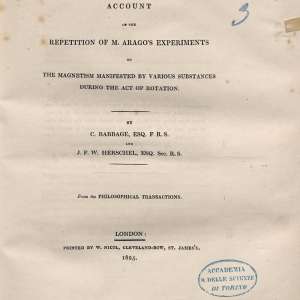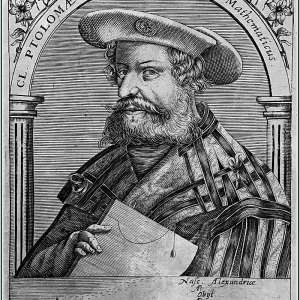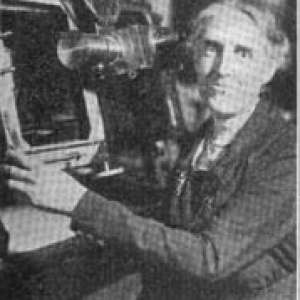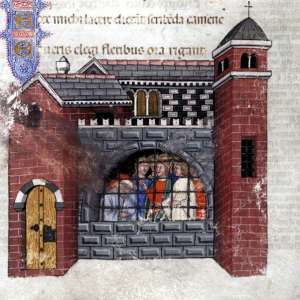If there is anything the "modern" prides himself on, it is the complexity of the world of today. You hear it on every hand. Politicians are sure that the statesmen of bygone ages would have been completely baffled had they been confronted with the problems of "our modern, complex age." Many educators seem even at a loss to know what to teach or emphasize in school in "our bewildering age of rapid change, when books are obsolete even before they get the covers on." The man in the street, the average citizen, if there is such a person, may yearn to return to a hypothetical Golden Age of Simplicity which is supposedly gone forever. But, more than likely, the ordinary American has never more than cast a disdainful glance backward to what he regards as our paleolithic past. He is busy trying to peer beyond the horizon into our "Fantastic Future." This earthly paradise, just down the road, will make our present complex world seem as simple by contrast as the "horse and buggy days" appear to us now, at least so we are told.
Actually, we have nothing on the old-timers. They often got their world snarled and tangled enough to please the most fastidious devotee of the complexities of modern culture. For instance, there was old Claudius Ptolemy who flourished, as the poets say, during the first half of the second century A.D. He must have really flourished, too, as he is credited with having had more influence on geography than any other man who ever lived. Nor did his interests stop there. Certainly astronomy did not recover from the effects of his bright ideas for the next fifteen hundred years. When Galileo suffered for his Copernican heresy, it was Ptolemy, whose notions had become part of the sacred canon, who was breathing down his neck. Ideas die hard, especially if they are wrong.











































